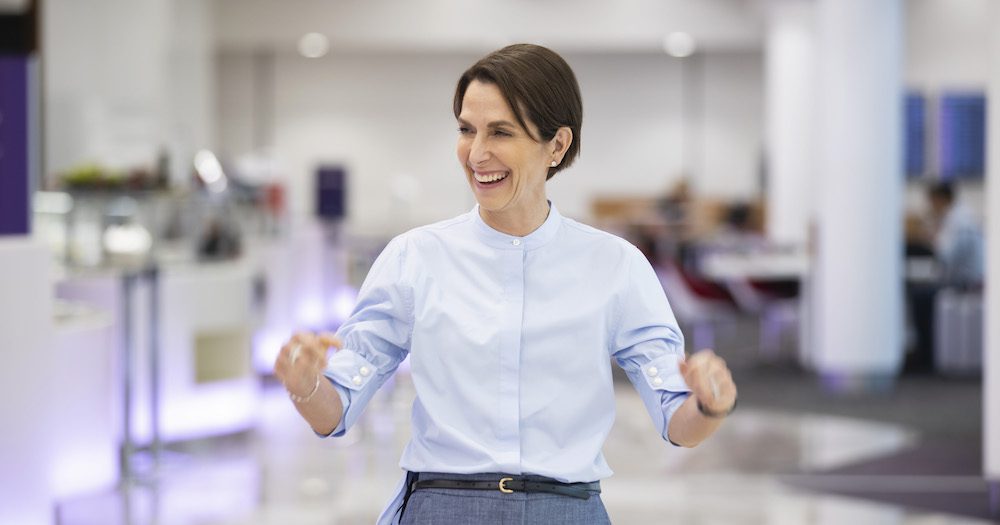Virgin Australia Group CEO Jayne Hrdlicka today joined other business leaders at the Operation COVID Shield National Business Partnership Forum meeting to discuss accelerating vaccinations in the workplace.
Treasurer Josh Frydenberg, LG John Frewen, Coordinator-General, National COVID Vaccine Taskforce & Professor Paul Kelly, Chief Medical Officer hosted the roundtable to discuss the Federal Government’s Vaccination program.
The forum meeting included chief executives from Coles, Commonwealth Bank, Telstra, Wesfarmers, Virgin and Qantas who all met virtually.
Companies at the meeting agreed to write to workers stressing the importance of being vaccinated. Businesses could join the rollout in September or October if increased Pfizer supplies allow the sluggish program to be expanded.
Sharing her insights from today’s Forum, Virgin Australia Group CEO Jayne Hrdlicka said, “I welcome today’s constructive round table discussion between the Federal Government, businesses and industry groups. The more we can work together, the more likely we are to find a way to speed up the vaccination of the Australian population, which should be our joint goal.
“Big employers have the ability to stand up vaccination programs very quickly and would welcome the opportunity to be able to vaccinate as much of their workforce as quickly as possible. Having large employers run vaccination programs would take pressure off government, get a large number of people vaccinated in a short period of time, and bring private sector efficiencies and capabilities into the equation.” She said.
“What is also needed is a public education campaign, fuelled with information from around the world, to help people understand the safety and efficacy of each of the vaccine choices. There are some great examples of innovative public education campaigns in places like France, New Zealand and Singapore.
“There is too much misinformation and misguided fear around vaccination and it is time to fix that. People need to understand that the only way to protect themselves and their loved ones is to get vaccinated as soon as possible. Virgin Australia would be happy to support an education campaign that helps to explain the merits, the safety, and the importance of vaccination and helps the Australian community to make a properly informed choice.” said Ms Hrdlicka.
Wesfarmers – which owns Bunnings, Kmart and Officeworks – offered its sites for mass vaccination hubs, while major miners want to promote immunisation in remote Indigenous communities.
A record 165,475 jabs were administered in the past 24 hours but Australia’s rollout remains a straggler among developed economies. Just 9.8 per cent of people over 16 have been fully vaccinated more than four months into the program.
Mr Frydenberg said it was the first of many similar meetings but dismissed suggestions consultations with industry took too long.
“We have been engaged with them from day one, including through this vaccine rollout,” he said.
“As more supply comes on board, businesses can play a greater role. Of course, their advocacy about the importance of getting the jab is going to be vital.”

Vaccine incentives were also raised at the meeting with airlines interested in providing sweeteners to frequent flyers who receive their jabs such as the recent proposed Qantas initiative.
“It’s more than a snag at Bunnings that we’re talking about as our potential opportunities for incentives but the timing of those incentives is very important,” Mr Frydenberg said.
Business Council of Australia chief executive Jennifer Westacott said businesses that already offer staff flu jabs could expand their services to coronavirus vaccines.
“We believe business can play a huge role in supercharging the vaccine when the supply arrives,” she said.
“Let’s use the resources of corporate Australia and institutions like universities who are very big institutions to get this done as fast as we can.”

